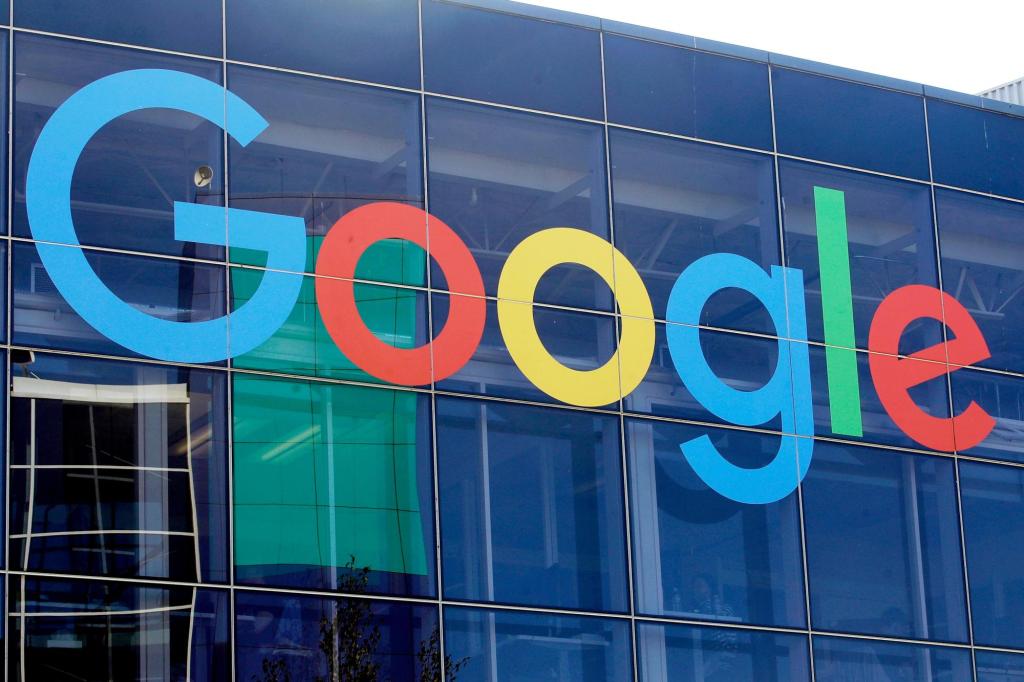In a landmark decision, a federal jury has mandated that Google pay a staggering $425.7 million for its unauthorized surveillance of smartphone users over nearly ten years. This ruling, which emerged from a class-action lawsuit, affects approximately 98 million smartphones across the United States, covering the period from July 1, 2016, to September 23, 2024. Essentially, this translates to around $4 for each device involved in the case.
Curious about how such a massive tech giant could infringe upon user privacy? Well, Google has consistently asserted that it did not improperly track users who believed they had activated privacy settings. Despite this, the jury concluded that Google violated California privacy laws. As Google spokesperson Jose Castaneda stated, “This decision misunderstands how our products work, and we will appeal it.”
Understanding the Legal Battle Against Google
The suit was brought forth by lawyers who argued that Google exploited user data without consent to enhance ad targeting, thereby generating billions in revenue. They characterized these actions as illegal profiteering, initially seeking over $30 billion in damages. Although the jury’s awarded amount was significantly lower, it still marks a pivotal moment in the ongoing dialogue about digital privacy.
The Implications of the Verdict
Many see this ruling as a crucial step towards greater privacy protections. John Yanchunis, one of the attorneys involved, expressed hope that this verdict would resonate within the tech industry, signaling that Americans will not tolerate unauthorized data collection. This case reflects a growing concern about how tech companies manage user information and underscores the demand for stricter regulations.
Google’s Response and Future Actions
In light of the jury’s findings, Google plans to appeal the decision, maintaining that its privacy controls are robust and that users’ choices are respected. However, the verdict arrives on the heels of another significant legal encounter, where Google successfully defended itself against a U.S. Department of Justice antitrust case, which sought to dismantle its monopolistic practices in the search engine market.
The Bigger Picture: Privacy in the Digital Age
As digital interactions become increasingly commonplace, concerns about privacy are more relevant than ever. This ruling not only impacts Google but also sets a precedent for how other tech companies handle user data. It raises vital questions: How much control do we truly have over our information? And what measures are necessary to safeguard our digital privacy in a data-driven world?
With ongoing debates about privacy and data ownership, this case is just one of many that highlight the necessity for clearer regulations in the tech industry. As users, staying informed is your first line of defense against potential misuse of personal information.





















